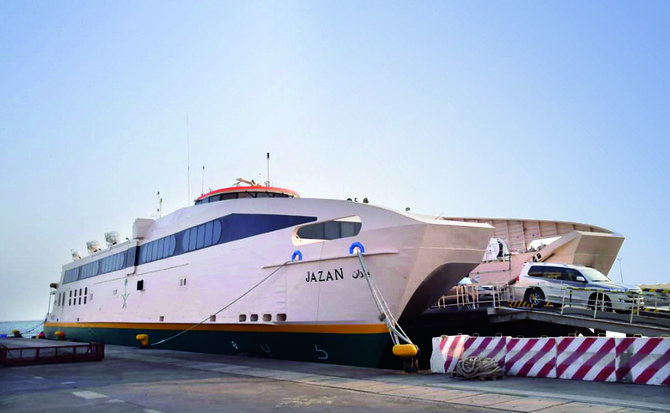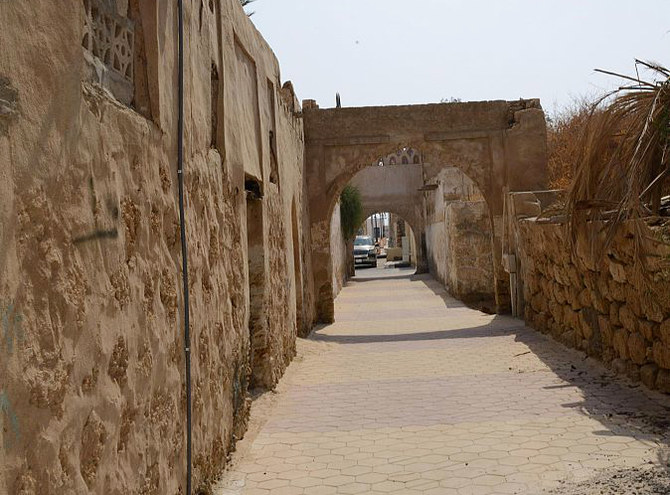JEDDAH/MAKKAH: With their spectacular coral reefs, pristine beaches and rare wildlife species, the Farasan Islands, located off the port city of Jazan in southwest Saudi Arabia, have long been a focus for investment in marine tourism as the Kingdom seeks to highlight its wealth of natural and heritage attractions.
The Farasan Islands Marine Sanctuary was established in the late 1980s and covers an area of about 350 square kilometers, its administrative supervisor, Issa Shuailan, told Arab News.
“It was established with the aim of preserving the biodiversity, especially Farasan’s antelopes, sea turtles, shura trees and mangroves, in addition to rationalizing the exploitation of its marine resources,” Shuailan added.
Now the Red Sea archipelago’s future as a key tourist destination and wildlife sanctuary has been given a major boost with its inclusion in a world network of biosphere reserves as part of UNESCO’s Man and the Biosphere program.
FASTFACTS
● Now the Red Sea archipelago’s future as a key tourist destination and wildlife sanctuary has been given a major boost with its inclusion in a world network of biosphere reserves as part of UNESCO’s Man and the Biosphere program.
● The islands — described as a “habitat hotspot” and the first site in Saudi Arabia to be listed as a biosphere reserve — were among 20 new locations in 21 countries registered to ensure biodiversity conservation, environmental education, research and sustainable development.
The islands — described as a “habitat hotspot” and the first site in Saudi Arabia to be listed as a biosphere reserve — were among 20 new locations in 21 countries registered to ensure biodiversity conservation, environmental education, research and sustainable development.
Listing of the Farasan Islands under the UNESCO program follows extensive efforts by Saudi authorities to ensure the Kingdom’s cultural and heritage sites are recognized in regional and international forums. Inclusion in the UNESCO list will also ensure the islands’ natural and archaeological treasures receive global protection.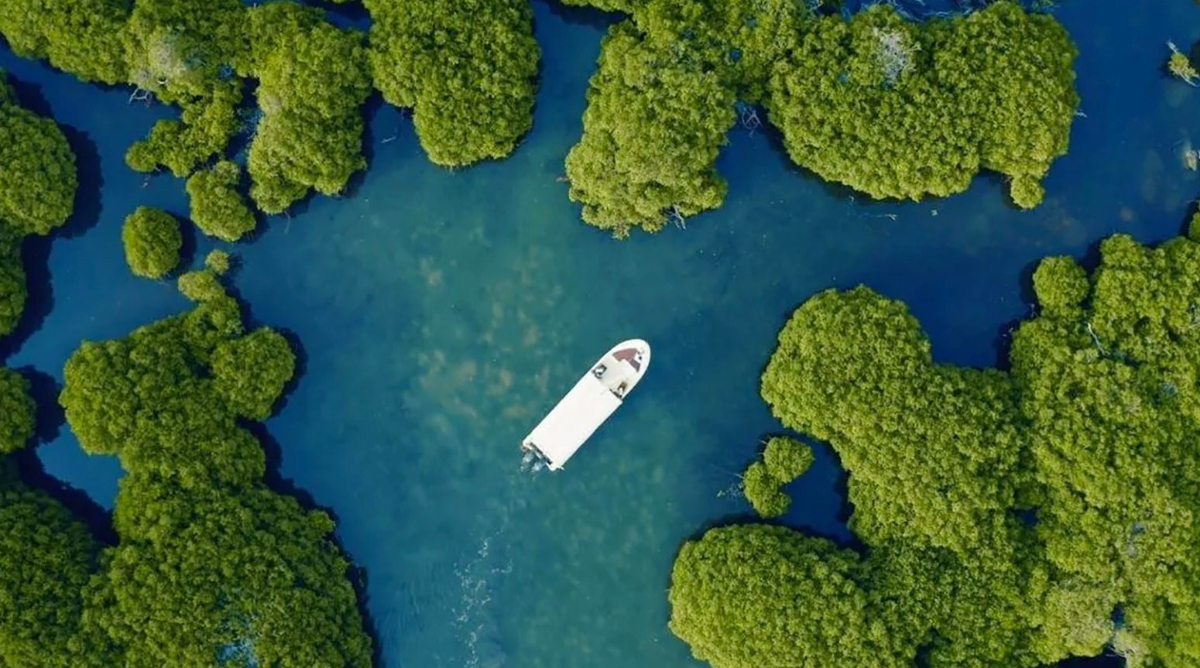
The archipelago includes 90 of the Jazan region’s 200 islands and islets with a total area of more than 600 square kilometers.
Three of the islands are inhabited: Farasan Al-Kubra, which houses government and services departments, along with a number of hotels and apartments that welcome visitors, and the islands of Sajid and Qummah, which make up Farasan Al-Soghra, or small Farasan. The islands are up to 70 km long and 20-40 km wide.
In the past, pearl-rich fisheries were among the primary sources of livelihood for the people of Farasan, in addition to fishing, which is still the main occupation.
The archipelago’s location near international shipping routes and its proximity to the Bab Al-Mandab Strait and the Horn of Africa have given it added significance.
A wealth of natural and archaeological resources, coral reefs and fish stocks has attracted the attention of visitors, tourists, financers, businessmen and fishermen.
Archaeological tourist sites include Wadi Matar, located in the south of Farasan Al-Kubra, which has large rocks with Himyaritic inscriptions dating back to the 10th century, and Al-Qassar village, where the much older site of Al-Kedmi includes stone remnants that resemble Roman columns. Another site, Mount Luqman, holds the ruins of an old fortress.
Saudi historian and journalist Ibrahim Muftah told Arab News that some people assume Farasan was uninhabited until very recently, but the historical evidence shows otherwise.
What attracts visitors the most to Farasan is the diversity of the 262 islands, and each island has its natural splendor and something that makes it special from the other.
Adel Al-Awani, Tour guide
“Recent studies have proven that it was inhabited thousands of years ago, since the Stone Age, as Zahi Hawass (an Egyptian archaeologist and former minister of state for antiquities affairs) wrote,” he said.
The residents of the islands were civilized, he added, and the archaeological evidence reveals they were adept at sailing and traveled by sea, east and west, to several other countries.
Ancient tombs are located near Jarmal House on Qamah island, along with historical buildings designed according to the unique architectural style of the time.
Al-Najdi Mosque, built in 1928, is among several historic buildings scattered across the archipelago.
The palatial Al-Rifai houses, built in 1922 at the height of the pearl trade, are considered major attractions because of the technical and architectural skills that went into their construction.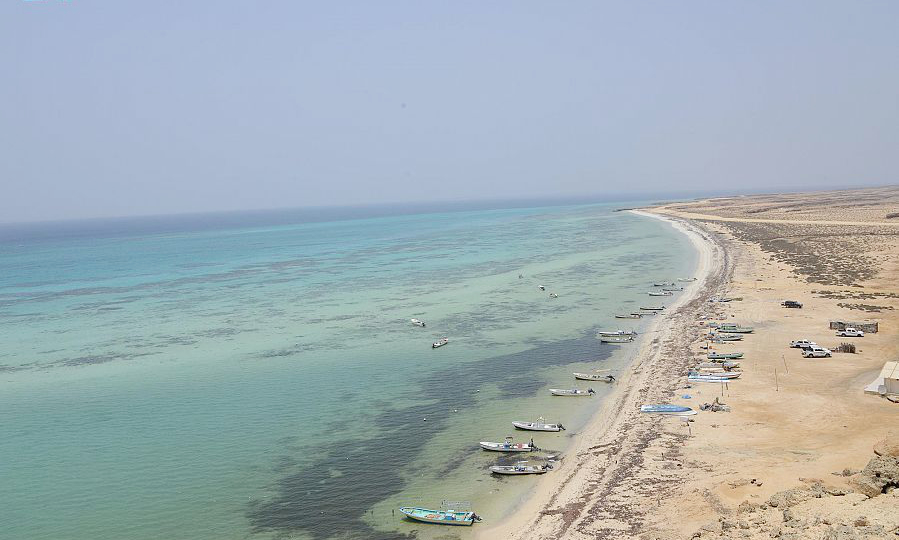
The houses were built using the island’s rocks and limestone from the coral reefs. Raw gypsum was also used, and gypsum mines can still be found on the islands today.
However, the Farasan Islands are best known for their extensive and unique biodiversity, which distinguishes them from other reserves in the Kingdom.
The islands are home to more than 230 species of fish, numerous endangered marine species and 50 types of coral reef. Rhizophora and mangrove forests are important incubators for young fish and crustaceans.
The archipelago is also a sanctuary for the Kingdom’s largest gathering of edmi gazelles and an important bird migration corridor, with about 165 bird species. It also has the largest concentration of pink-backed pelicans on the Red Sea and the largest concentration of ospreys in the Middle East.
A wildlife reserve offers shelter to deer and numerous bird species, in addition to parrotfish, which migrate to the islands once a year.
The archipelago contains more than 180 species of plants, four of which are found nowhere else in the Kingdom.
The islands’ unique appeal also stems from its historical significance and natural attractions — all of which qualifies it to be a world heritage site.
Tourists, visitors and those seeking natural beauty, sandy beaches, sea cruises, diving and fishing have turned the archipelago into one of Jazan’s most prominent tourist destinations as investment opportunities continue to grow.
“What attracts visitors the most to Farasan is the diversity of the 262 islands, and each island has its natural splendor and something that makes it special from the other,”Adel Al-Awani, who has been a Farasan Islands tour guide for more than seven years, told Arab News.
“Most importantly, there is the calmness of the islands, clear sea, coral reefs, wonderful diving areas, fishing, and joyous beaches that are approximately 200 km long.”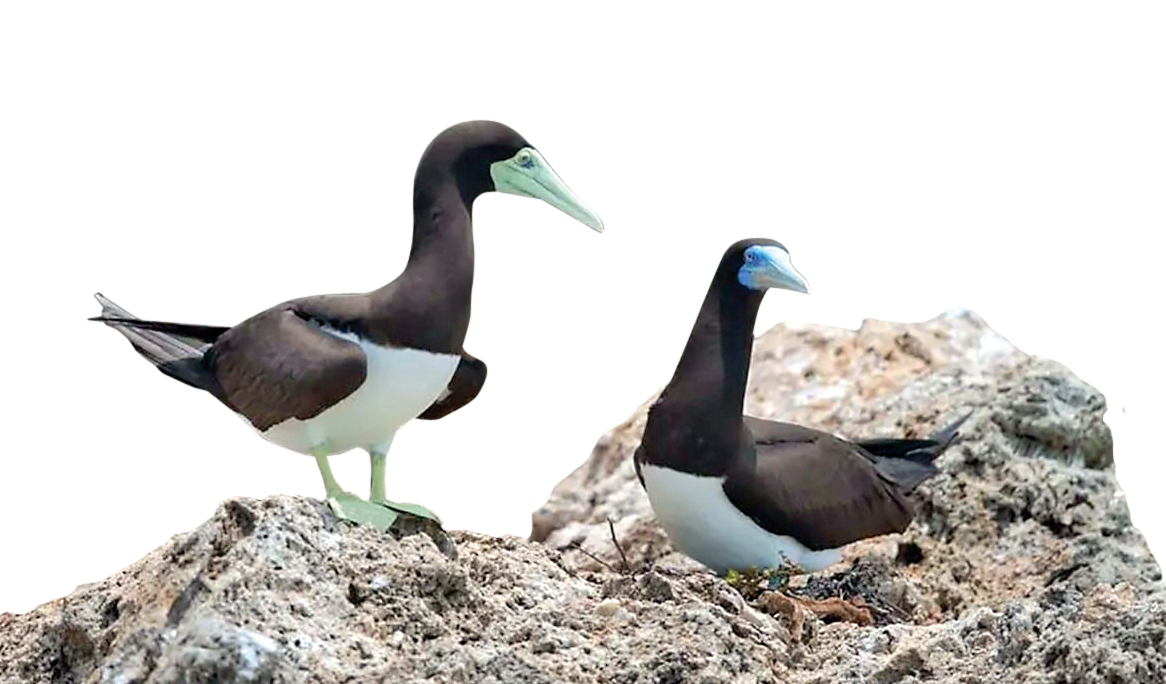
But there is much more to Farasan than its beautiful beaches, he added. Among other things it was a center of the pearl trade 200 years ago, he explained, and is rich in archaeological treasures with a history dating back more than 3,000 years.
“Farasan is meant to be a tourist attraction by its very nature; it attracts visitors from all over the world,” said Al-Awani. “When the Saudi tourism visa was launched (in 2019), we hosted many international tourists. “The approximate number of tourists during one month can reach 3,000, and it reaches 30,000 to 40,000 during the year.”
During the pandemic, he said, the islands proved to be a popular destination for people from within Saudi Arabia when lockdown restrictions allowed. Even while international flights were suspended, three ferries a day, each carrying about 600 visitors, would arrive, he added.
“Despite some shortage in hotels, resorts, and transportation, the number of tourists was outstanding,” said Al-Awani.
Major developments in terms of tourism-related projects and investments, infrastructure and services are planned in coming years, as the islands become a key tourist destination.
Muftah noted that the islands require investment in terms of infrastructure, in particular a fast and convenient transportation system instead of the existing ferries that no longer fit the spirit of the modern age.
Listing of the Farasan Islands in the Man and the Biosphere program was announced this month during a meeting of the 33rd session of the program’s coordinating committee, and follows three years of work by the Saudi Heritage Preservation Society to fulfill all criteria required for registration.
The UNESCO listing will help the Saudi Ministry of Culture achieve the Kingdom’s Vision 2030 goals as well as improve the quality of life on the islands.




